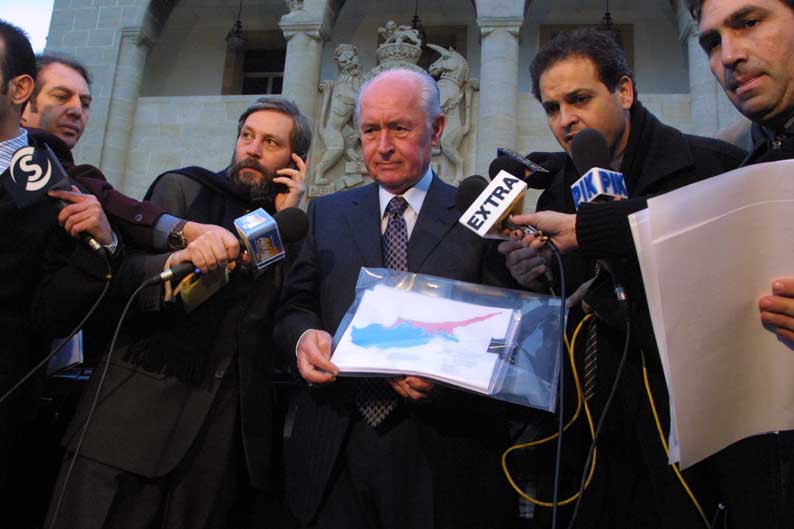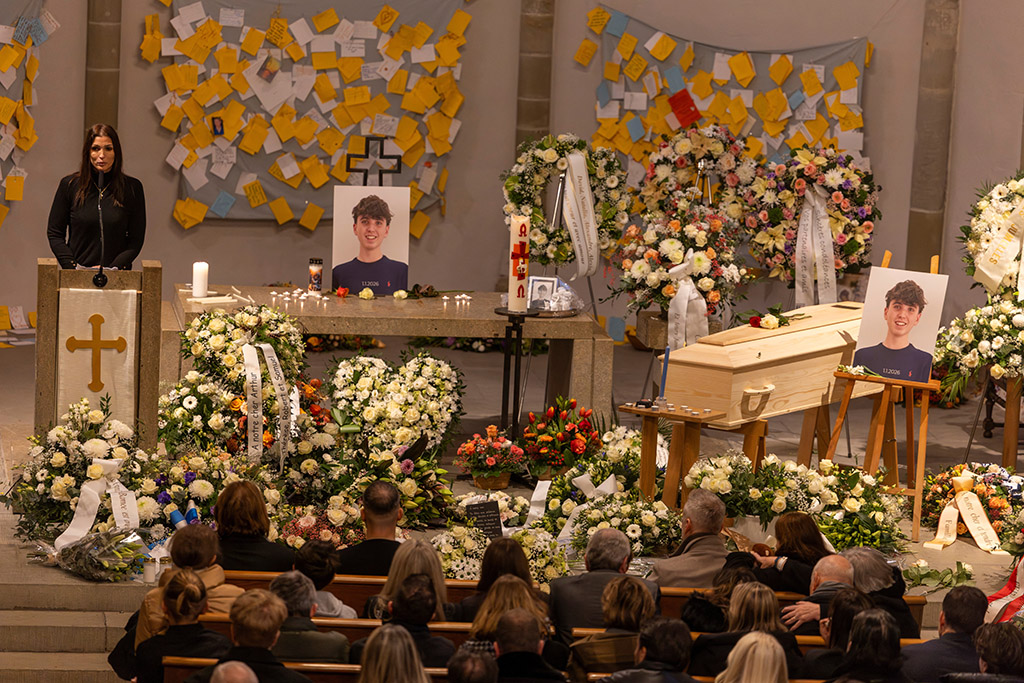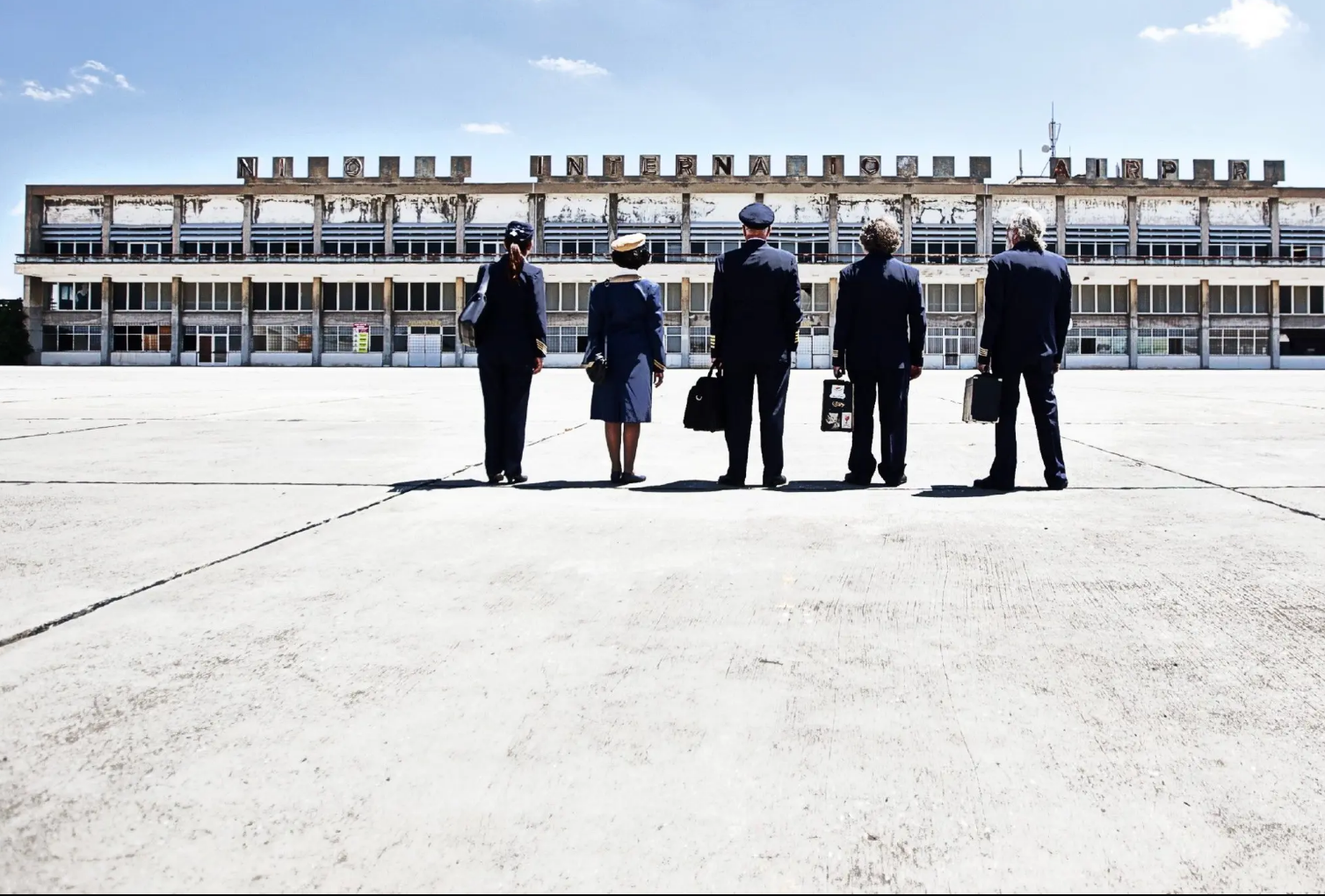Nobody could say with any degree of certainty that the ceasefire agreed by Israel and Hamas on Wednesday will last longer than a week or two, but it was a breakthrough. US president Donald Trump, who has deservedly taken much of the credit for the agreement, conceded that these were “the first steps,” but there is no denying it was progress.
The first steps would involve the release of all Israeli hostages – there are 48 of whom 20 are believed to be alive – early next week, the release of more than a thousand Palestinians from Israeli prisons and Israeli troops in Gaza would withdraw to an agreed upon line.
This is the best chance to end the two-year war, since the collapse of the ceasefire in March. There have been attempts since then but there was never an actual agreement, although Trump’s commitment to ending the war was unwavering. His efforts started before the inauguration and there was a ceasefire in January, which broke down over the timing of the release of the hostages.
Since then, there has been the US bombing of Iran and Israel’s attacks on Iran, but what appears to have strengthened Trump’s resolve was Israel’s strikes on Hamas targets in Qatar. That was a step too far for the US administration – an attack on a sovereign state which has no involvement in the war in Gaza and is a close US ally – and several commentators believe this allowed Trump to up the pressure for a ceasefire on Israel’s prime minister, Benjamin Netanyahu.
What has been announced so far is just the first phase of the 20-point peace plan, put together by the US and unveiled by Trump last week. It was accepted by Israel but only partly agreed to by Hamas, which is not surprising as it envisages the group’s disarming and sees no future role for it in the Gaza Strip. What are the chances the terrorist group would agree to its own demise? Hamas has said it would lay down its arms when a Palestinian state had been established.
There is also opposition to the plan in Netanyahu’s coalition government, with far-right ultranationalist finance minister Bezalel Smotrich, announcing he would not vote in favour of the ceasefire deal at the government meeting. He also said that after the return of the hostages, Israel should resume the war in Gaza “with all its might for the real eradication of Hamas.”
President Trump said he planned to visit the Middle East at the weekend for the signing of the deal, assuming neither side pulls out in the meantime. A breakdown of talks is a possibility, but for now, it would be a big success for the first phase of the plan to be implemented.







Click here to change your cookie preferences